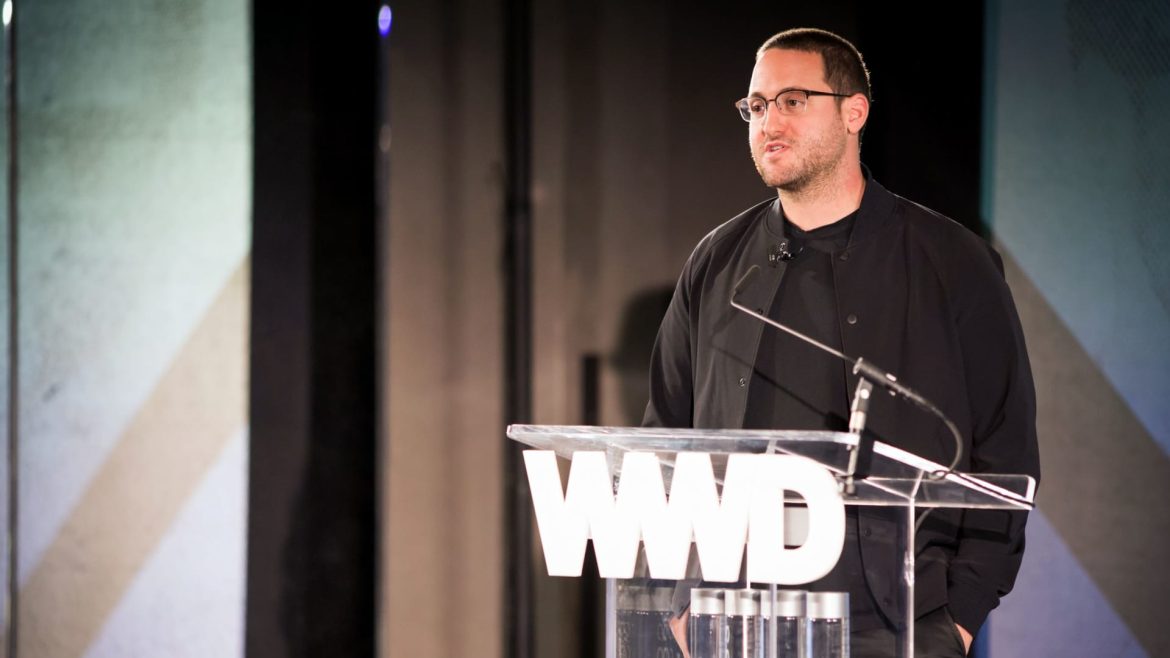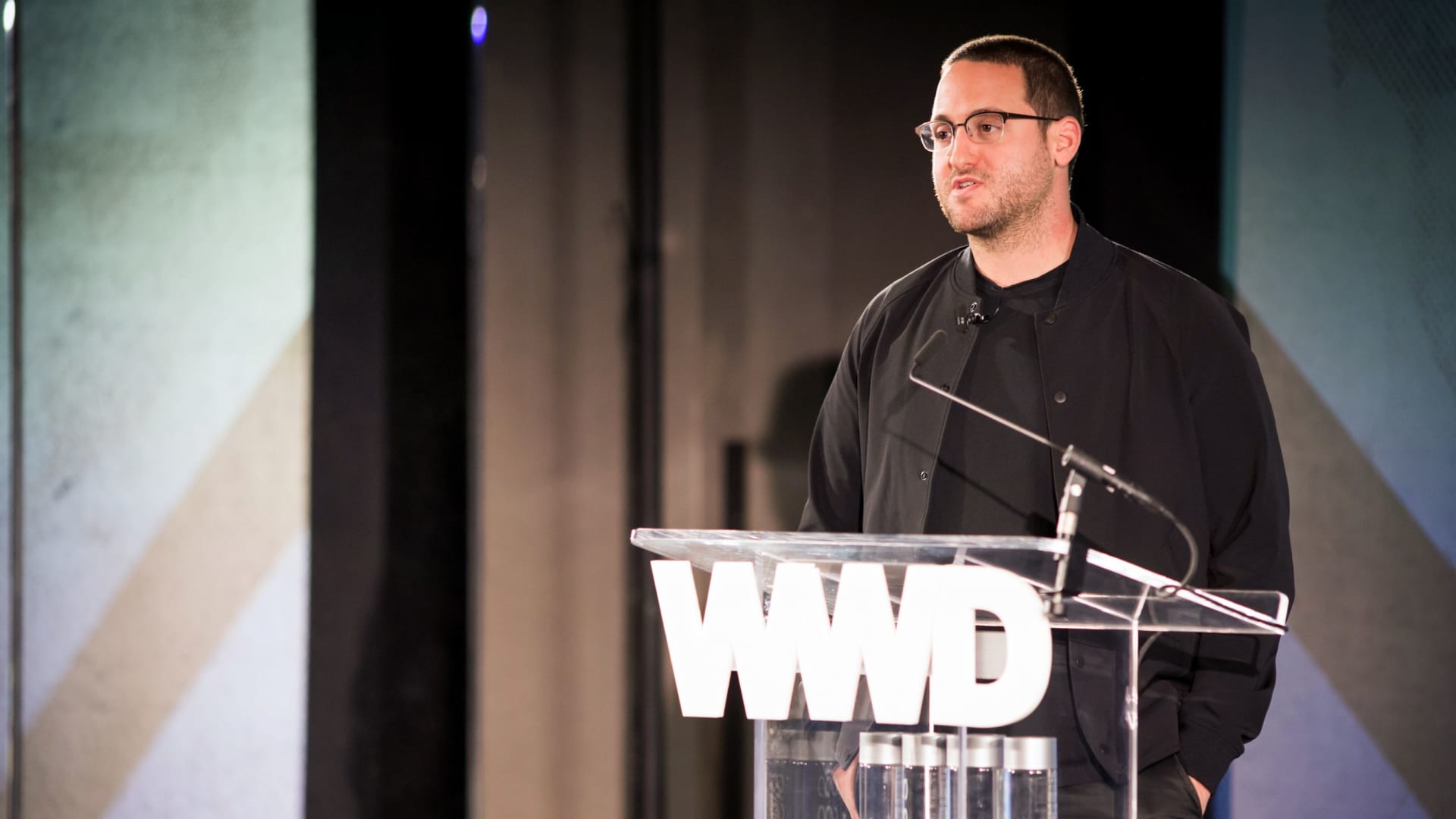Rethinking the Value of College Degrees: Perspectives From CEOs and Industry Leaders
The longstanding narrative that college is the essential gateway to professional success is undergoing profound scrutiny. Influential CEOs and top executives from various industries are reexamining the role of higher education, questioning its relevance and return on investment in today’s fast-evolving job market. This report explores the shifting attitudes toward college degrees among CEOs, highlighting what qualities and experiences they truly value when building their companies and teams.
—
The Changing Landscape of Higher Education
Traditionally, a college degree has symbolized a ticket to stable employment, social status, and professional competence. However, multiple voices from influential CEOs suggest that this model is faltering under contemporary pressures:
– Mark Zuckerberg warns that college is not adequately preparing students for the demands of today’s workforce, forecasting a reckoning fueled not only by job market misalignment but also the crushing debt burden many students face.
– CEOs like Aaron Levant of Complex openly state that a college degree holds “no value” in their hiring decisions, focusing instead on practical skills, adaptability, and real-world accomplishments. Levant himself never completed a degree, underscoring the idea that success is not exclusively tied to formal credentials.
This skepticism reflects broader societal shifts where the cost, time, and content of traditional education are weighed against rapidly changing industry needs and alternative learning pathways.
—
What CEOs Look for Beyond Degrees
The consensus emerging from CEO perspectives focuses on attributes they find more meaningful than academic titles:
– Ability to Learn and Adapt: CEOs like the French major-turned-tech CEO Litster highlight college not primarily as a degree factory but as a training ground for “learning how to learn” and stepping outside one’s comfort zone. Employers prize continuous learners who can navigate ambiguity and evolving challenges.
– Real-World Skills and Experience: Increasingly, employers prioritize demonstrable skills over academic achievement. Platforms like Complex emphasize qualities including creativity, problem-solving, cultural fit, and resilience. This is echoed in shifting recruiting practices where life experience and project-based accomplishments gain prominence.
– Passion and Grit: Many CEOs argue that commitment to a role — something that extends naturally beyond mere work hours — signals potential for leadership and longevity. This attitude challenges traditional metrics of productivity, underscoring that dedication and self-motivation can eclipse formal qualifications.
– Entrepreneurial Mindset: Stories of successful liberal arts graduates becoming CEOs of major companies (e.g., Starbucks, Disney, HBO) reinforce that broad-based education combined with curiosity and initiative often fosters innovation.
—
The Practical Realities: Is College Worth It?
The conversation is not universally dismissive of college—the debate centers on value and fit rather than outright repudiation. The rising costs and debt associated with degrees fuel scrutiny, but some executives urge a balanced approach:
– College as a Growth Phase: Some CEOs, including those who themselves are dropouts, advocate for staying the course if college aligns with personal goals and learning styles. The social, intellectual, and structured environment of campus life can nurture important soft skills and self-awareness.
– Targeted Education and Certifications: Articles focusing on “degrees worth your money” advise students to choose fields with clear career pathways, or seek alternative credentials such as certificates or vocational training when appropriate.
– Employer Metrics and Education: Influential business figures like Jamie Dimon of JPMorgan Chase call for educational systems to be evaluated more on their ability to yield employment outcomes rather than mere enrollment or graduation statistics, indicating a push for practical alignment.
—
Successful CEOs Without Traditional Degrees
The tech and business worlds are replete with high-profile leaders who reached the top without a formal college degree:
– Aaron Levant (Complex)
– Warren Buffett (who emphasizes talent over pedigree)
– Other well-known CEOs who rose to prominence through real-world experience demonstrate that a degree is not a universal prerequisite for leadership or innovation.
These examples serve to dismantle myths about education as a singular path to career success and validate alternative routes grounded in persistence, networking, and skill development.
—
Conclusion: Toward a Nuanced Understanding of Education and Success
The evolving perspectives from CEOs compel us to rethink the conventional wisdom about college education. While degrees continue to open doors for many, they are neither the sole indicator of potential nor a guaranteed ticket to prosperity. Success increasingly favors those who embody adaptability, real-world competence, passion, and the hunger to grow beyond comfort zones.
This shift encourages students, parents, and educators to embrace a broader, more flexible view of learning—one that celebrates diverse paths, values skills over syllabi, and understands that the real “degree” toward professional fulfillment often stems from continuous personal and experiential development rather than formal classroom credentials alone.





